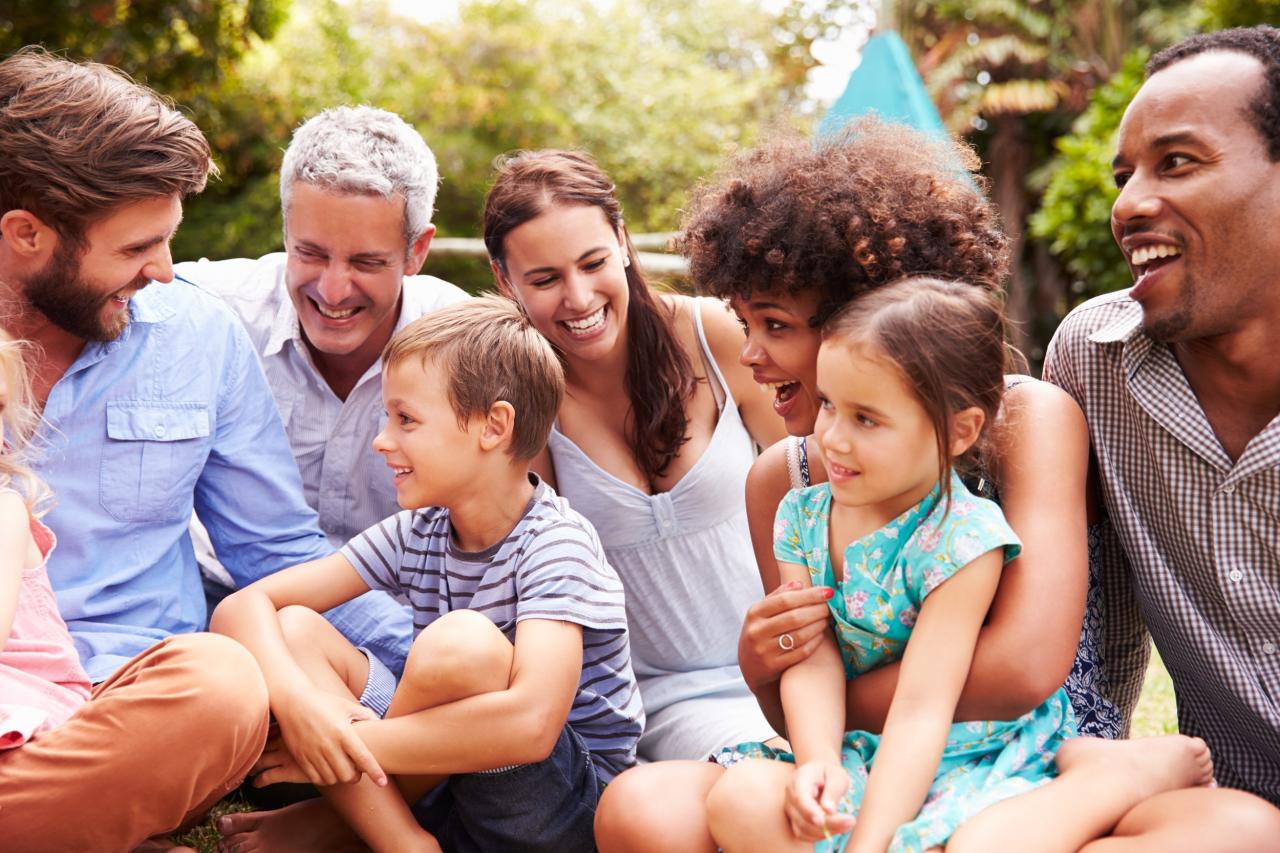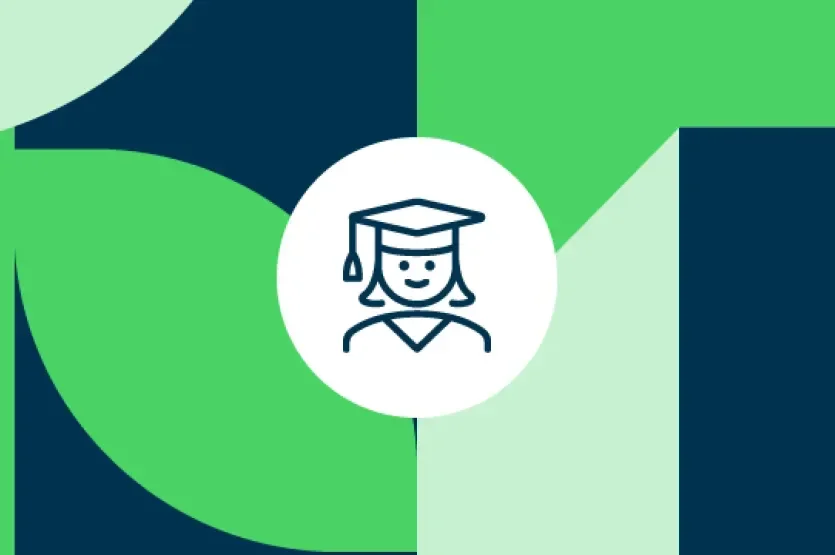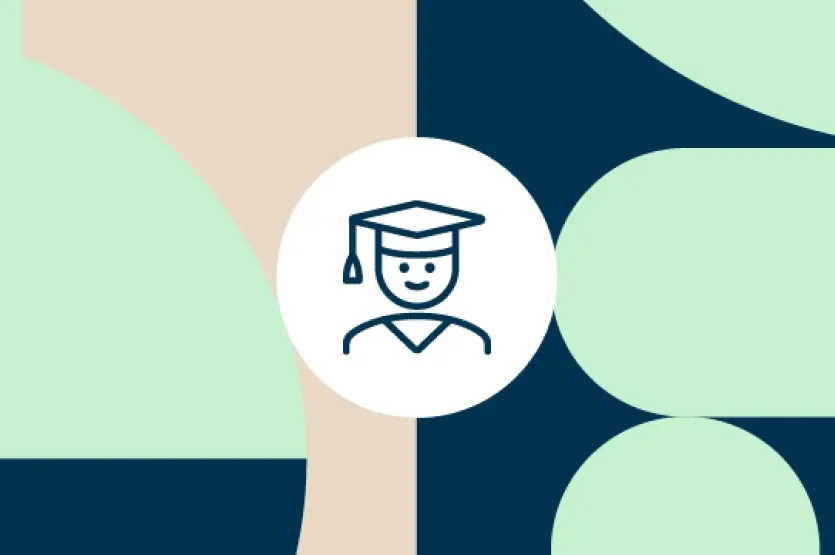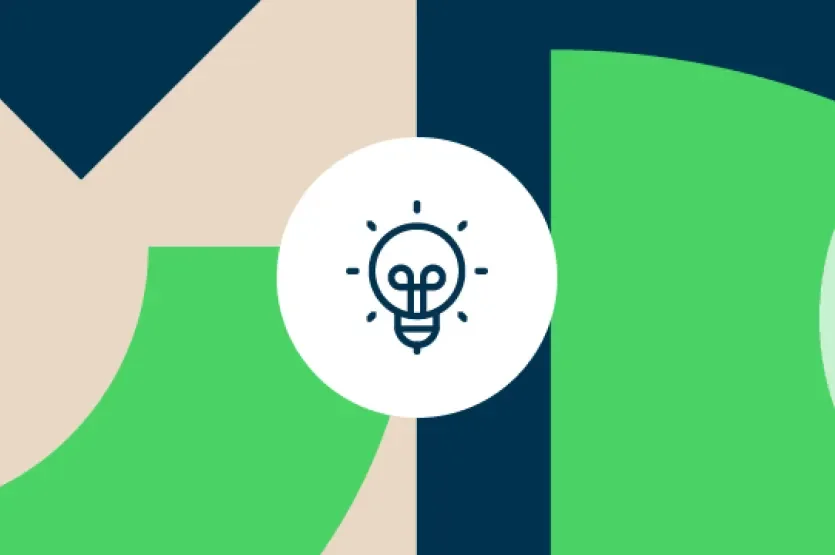Overview
In this course, you’ll explore child and family healthcare during online and in-person lectures, and gain knowledge and skills to boost your employability and career prospects.
With strong support from your lecturers, you’ll learn about children’s rights, child and adolescent mental health issues, child and family relationships, global child health and complex healthcare needs. You’ll also study various research methods and undertake a real-world research project.
Access individual support
This interdisciplinary course is for recent graduates or professionals who work or aspire to work with children, young people and families. Class sizes are small, so you’ll benefit from individual guidance and in-depth discussions.
Once you graduate, you’ll be sought after for roles in areas like educational inclusion, mental health liaison and child health promotion. Alternatively, you may choose to move into research or education.
If you wish to apply for a Graduate Diploma in Child and Family Health and Wellbeing as an alternative to the MSc, please follow this link.
Why DCU
DCU People
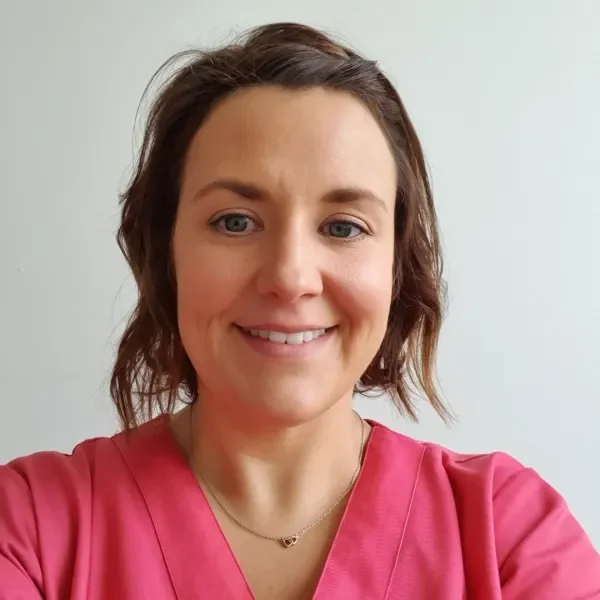
The MSc in Child and Family Health and Wellbeing offered me the ideal avenue to specialise in an area I am passionate about – child development and wellbeing.
Read more about Emma Fogarty
Careers & Further Options
Careers
The programme is designed to provide continuous professional development for a wide range of professionals working with children, young people and their families to significantly positively impact employability and career prospects. Graduates of this programme will progress into leadership roles, or continue into a research or education capacity.
DCU graduates are highly sought after by employers. Our Graduates work in environments ranging from large multinationals to SMEs, family businesses and start-ups across every sector.
DCU Careers Service has a number of learning and development initiatives in place for our students, giving them the skills they need for a successful career path.
Entry Requirements
Applicants will typically hold a (NFQ) Level 8 Honours Degree with a H2.1 or equivalent. Candidates will generally hold a primary degree in a relevant discipline, for example:
Children’s nursing or other nursing disciplines; applied health and social care; education; child, youth and family support work; or a cognate discipline.
Due to the specialist nature of this programme, please contact the Programme Chair using the contact details above, to discuss your application.
Recognition of Prior Learning (RPL) applicants are required to submit a cover letter along with their application under the Transcripts section of the portal, affirming their intent to apply for RPL. For more information on RPL see here.
Prior learning may be formal accredited learning or experiential/uncertified learning which includes the knowledge, skills and personal qualities acquired through life, work experience and study which are not formally attested. Prospective students may apply through the RPL route if they meet one or more of the following entry requirements:
• Relevant learning, qualifications and experience within their RPL application
• Holding a position or role related to health or social care, health and social inclusion promotion, or a related area
• Holding an appointment or professional position in the domain
• Professional qualifications in the domain, with clear articulation of intention to progress to work in the domain.
Programme Structure
The MSc in Child and Family Health and Wellbeing will appeal to recent graduates and early or mid-career professionals who work with, or who aspire to work with children, young people and their families in various capacities. The programme is suitable to individuals from across different disciplines, including, but not limited to, nurses, allied health and social care professionals, and related areas such as those working in community, voluntary and non-governmental organisations.
The programme aims to deepen the knowledge, skills and competence of students to:
- Critically evaluate contemporary evidence and issues in promoting child, young person and family health and wellbeing
- Foster critical reflection and analysis to address current and future child health societal challenges
- Promote and advance interdisciplinary skills to enhance collaboration across disciplines in research, policy and practice.
The MSc in Child and Family Health and Wellbeing is a two-year, part-time, blended-learning (online and face to face contact) programme which enables students to consider how their learning impacts their field of practice in improving health and wellbeing outcomes for children and their families, and ensure the acquired knowledge supports their professional development in their working environment.
Students will complete the following modules:
- Child and family focused care and wellbeing
- Children’s rights and participation
- Care and service provision closer to home
- Global child health and health inequalities
- Research methods and evaluation
- Contemporary issues in child and adolescent mental health
Students will also complete a year-long supervised research dissertation module.
Applicants who wish to exit from the programme with the an alternate award should discuss this in further detail with the Programme Chairperson.
Time commitment:
|
Online/blended/in-person: |
Blended |
|
Day/evening/weekend: |
Evening |
|
Number of days on campus per week: |
6 |
|
Typical days(s) of week on campus: |
Thursday, Friday and Saturday |
|
Typical hours per day on campus: |
6 |
|
Independent learning time - hours per week: |
12 |
|
Additional information: |
Blended course: Year 1 includes 6 days on campus combined with online teaching on Tuesday and Thursday evenings (Semester 1 and 2 ). Year 2 includes 2 days on campus per semester combined with online teaching on one evening on selected weeks. |
Please note this information is indicative only and subject to change.
Fees and Funding
How To Apply
All Applicants must apply through DCU's Student Application Portal which is available here. Here's a quick step by step guide if you need help with your application.
The candidate will provide the following documentation as part of their application on the Student Application Portal:
• Academic Transcripts for each and every year of study with English translation if applicable
• If applicable, provide evidence of competence in the English language as per DCU entry requirements. Please see link http://www.dcu.ie/registry/english.shtml.
The application will be reviewed by the Programme’s Admissions Panel, and those meeting the entry criteria will be shortlisted.
Application Deadlines
Applications will be accepted on a rolling basis until the programme is full or until:
- Closing date for Non EU applicants is 1st July 2025.Please note if you are a non EU student and require a study visa, you are not eligible to apply for part-time programmes as study visas are only granted for full-time programmes.
- Closing date for EU applicants is 30th August 2025.
All entry requirements should be met before the commencement of the programme.
Application Queries
For EU applicant queries, please visit https://www.dcu.ie/registry/eu-postgraduate-taught-admissions or email postgraduateadmissions@dcu.ie
For non EU applicant queries, please visit https://www.dcu.ie/registry/international-admissions-undergraduate-and-postgraduate or email internationaladmissions@dcu.ie
Commencement of Programme
The programme commences in September 2025.
Life On Campus
At DCU, our students can expect a unique campus experience. We are known for our excellent teaching and learning facilities, our active clubs and societies, and our great social and sporting facilities. All this makes DCU an exciting place to be.
DCU has three academic campuses; Glasnevin, St. Patrick’s and All Hallows (both in Drumcondra), all close to Dublin City centre.
They can be reached by public transport, Dublin Bus and Bus Éireann, with our Drumcondra campuses a ten minute walk from Drumcondra Train Station. Glasnevin is a 20 minute walk from St Patrick’s and All Hallows. They are also linked by Dublin Bus.
Each campus has a library (O’Reilly, Cregan and Woodlock Hall), study spaces, restaurants, and on-campus residencies. There are sports facilities on Glasnevin and St. Patrick’s, and there is a dedicated sports campus, St Claire’s, located near Glasnevin on the Ballymun Road.
DCU’s 19,000 students have access to exceptional teaching and learning facilities across our three academic campuses.
These include modern learning theatres, research centres, a new media and TV studio, radio/podcast studios, computer suites and advanced labs in the areas of Languages, Engineering, Physics, Chemistry and Biotechnology, as well as a Sports Performance centre and a training hospital ward. In 2021, we opened our first virtual reality ‘Leadership Lab’, which is located in our Business School.
We continue to improve and update our facilities. For example, construction of a new world-class STEM facility is underway on the Glasnevin campus. With capacity for an extra 3,000 STEM students, this facility will advance DCU’s international reputation for excellence in science and health, computing and engineering disciplines.
Studying in DCU isn’t just about course work. The university is rich in student life and activities.
There are more than 140 clubs and societies for students in DCU, with ‘Clubs & Socs’ days taking place on both the Glasnevin and Drumcondra campuses at the start of the academic year. They span everything from rugby to rock climbing, anime to jazz.
For many students, sport is an important part of the DCU experience. DCU’s Sports Complex boasts a 25 metre swimming pool, fitness centre gym, all-weather pitches and squash courts, as well as soccer, GAA and rugby pitches. DCU Dóchas Éireann, the university’s GAA club, is the largest third level Gaelic Games club in the country. Meanwhile, DCU Athletics has been Ireland’s highest achieving university club for many years. And DCU has dozens of other clubs to get involved in, from Archery to Weightlifting.
The Glasnevin campus is home to our purpose built, state-of-the-art student centre, The U, which serves the needs of a rapidly growing student body. Here, you will find the Student Leadership and Lifeskills Centre, performing arts and cultural spaces for students and the wider community, and the Entrepreneurship and Innovation Hub. Also located on our Glasnevin campus is The Helix, our renowned performing arts centre.
On our St Patrick’s campus, we have the Java Student Hub, a vibrant, warm and welcoming space where students can meet for coffee, play music, use the projector to watch events, or just relax. The walls of the Java Hub were designed based on the cultural history of St Patrick’s Campus, including the special references to the notable sporting history and history of the arts.
We have a number of academic, professional and social supports for students.
Student Advice & Learning Skills Centre - Offers a wide range of supports and services to students and advice
The Writing Centre - drop-in writing workshops for students through the academic year
Maths Learning Centre - provides maths support for students of all ability levels with maths modules
Student Learning - facilitate the transition from passive to active learning for students at DCU, by teaching study skills, nurturing critical thinking and building student confidence.
Careers work with students to help them on their professional journey into graduate employment.
Our student support team offers a comprehensive support programme, helping students make that all important transition into university life and focusing on building confidence and skills which are key to success at third level.

DCU Glasnevin Campus
FAQs
Is DCU all one campus?
DCU is a multi campus university - the Glasnevin, St Patrick's and All Hallows campuses. The St Patrick's campus is where the Education courses are taught and some of the subjects from the BA Joint Honours degree. There is a 20-25 minute walk between the campuses but there are buses and bikes available to go between them also.
Click here to see maps of all of our campuses
If I'm studying on the St Patrick's campus, can I use the library and sports centre on the Glasnevin campus?
Yes, all facilities such as sports and accommodation are open for all DCU students to avail of.
Are there libraries in DCU and if they have wifi and work stations?
We have a brand new state of the art four floor library on our St. Patrick's Campus which complements the existing library on the Glasnevin campus. There is free wifi, work stations as well as desktop computers.
Does DCU provide accommodation?
DCU does have on-campus accommodation for undergraduate and postgraduate students, and you can find out more and apply via the Accommodation Office webpage.

